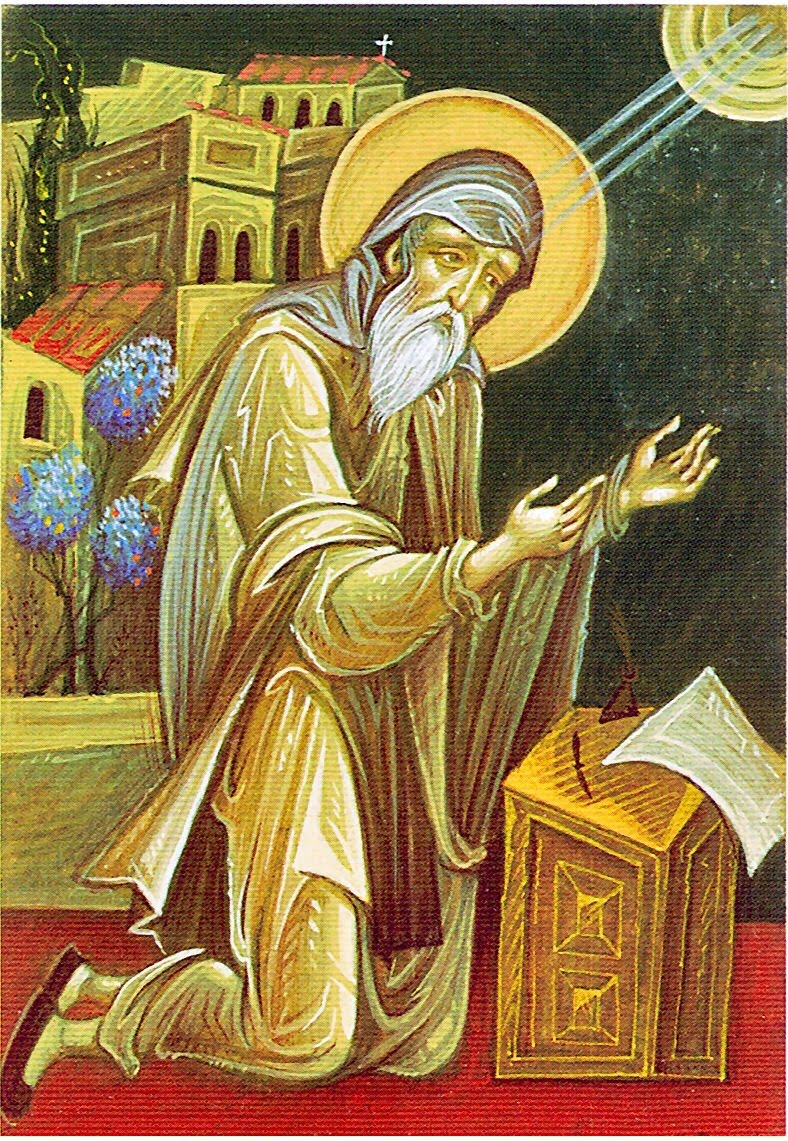Sacramentalized but not Evangelized
The pulpit should always be in agreement with the altar. In every Orthodox Church, we hear the priest proclaim each Sunday before Holy Communion: “With the fear of God, with faith and love, draw near”. Since “faith comes through the hearing of the Gospel” (Rom. 10:17), it is important that we hear the word of God proclaimed before receiving the Holy Communion. Saint Paul had exclaimed: “For as often as you eat this bread and drink this cup, you do declare the Lord’s death till He come” (1 Cor. 11:26).
If the altar is declaring the redeeming events of the Cross and the Resurrection, how can the pulpit possibly remain silent over these acts of redemption, or simply make a passing reference to them? Should not the pulpit concern itself with the theme of the altar? Is it not only natural that the pulpit be in agreement with the altar? The need is urgent for a re-awareness of the fact that a proclaiming of the Gospel takes place at the altar, and that the pulpit be in agreement.

Saint Symeon the New Theologian
St. Symeon the New Theologian was chosen to be our patron saint, because he embodies in his life and writings a heroic struggle for Holy Spirit renewal in the Church. We can identify with his aspiration for the restoration of holiness and perfect obedience in the lives of Church members and in the Church as a whole. We can identify, also, with the price he paid for his uncompromising loyalty to Christ,
Those of us who are members of the Brotherhood of this ministry rejoice and praise God that He helped us discover this illustrious Church Father whose memory had fallen into oblivion in the Church over a period of many centuries. He stands third in line after St, John the Apostle and Evangelist and St. Gregory Nazianzus who originally were acclaimed as “theologians.” Indeed, St. Symeon was surnamed the “New Theologian.” This distinction demonstrates unquestionably his unique authority in Orthodox doctrine and practice.
St. Symeon’s devotional and contemplative approach to the doctrine of the Holy Spirit is an important contribution to the cause of Orthodox renewal. Because his theology is evangelical and prophetic, it meets a practical need in a Church which today is often afflicted with religious superficiality and barren formalism. As his Apolytikion reads: “You scattered the dark madness and convinced all men to seek what they had lost, the grace of the Holy Spirit.”


Find Our Newsletters
Click here to find our newsletters and periodicals
Click link below to see our latest newsletter or the Download link to download to your device.
